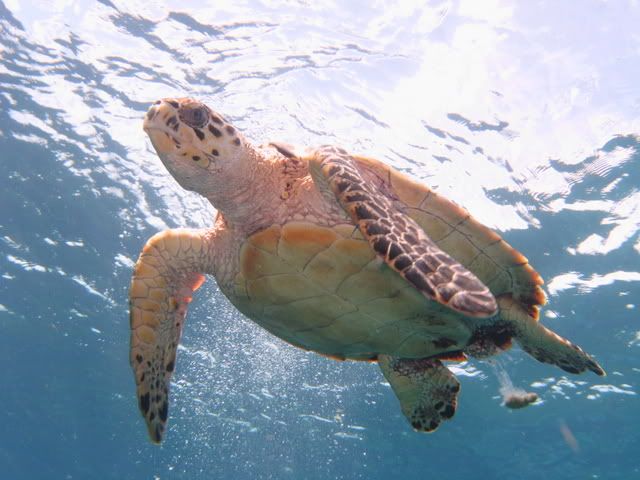DepthProducts
Guest
Meng_Tze:Buoyancy control.
Holding your breath (I got lung over expansion on my first dive when doing discover scuba in less than 40ft of water :shakehead )
Watching your gas consumption. While you can get to the surface quite easily, it is important to get into a habit to know how much gas you have.
Stay together and most importantly the golden rule:
Anyone can call the dive at any time for any reason: no questions asked
If you are beyond your comfort level and want to finish the dive, you should not be pushed to continue, or told 'no'.
Yay for buoyancy control!
Once you're comfortable practicing all of these things mentioned in the previous posts, you can try them while hovering. That's a great way to nail your buoyancy control.




